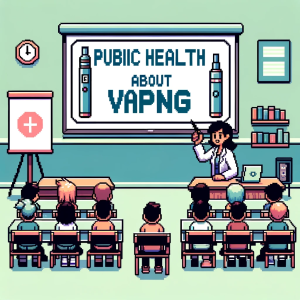
Nonsuicidal Self-Injury in Elementary Schools
Nonsuicidal self-injury (NSSI) in elementary schools is a growing concern, often unrecognized due to the young age of the students involved. A recent study, Nonsuicidal self‐injury in elementary schools: School educators’ knowledge and professional development needs, dug more deeply into this topic.
NSSI refers to the deliberate, self-inflicted destruction of body tissue without suicidal intent. Understanding the prevalence and nature of this behavior is crucial for educators and mental health professionals.
Educators’ Perspectives on NSSI
The study highlights the knowledge gap concerning NSSI among educators in elementary schools. Many educators encounter NSSI among students but feel ill-equipped to respond effectively. This lack of preparedness calls for a comprehensive strategy to address NSSI in schools.
Implications for School Psychologists and Mental Health Professionals
Addressing the Training Gap
The necessity for professional development in identifying and responding to NSSI is evident. School psychologists and mental health professionals play a pivotal role in bridging this gap. They can develop and lead training programs to educate teachers on recognizing signs of NSSI, understanding its underlying causes, and responding appropriately.
Creating a Supportive School Environment
Mental health professionals can guide schools in creating environments that reduce stressors contributing to NSSI. This involves addressing bullying and academic pressure and fostering a supportive school culture.
Collaboration and Protocol Development
Developing clear protocols for NSSI incidents is crucial. This includes creating a response team involving educators, psychologists, and counselors. Collaboration with parents and external mental health services is also vital for a comprehensive approach.
Conclusion: A Call for Action
The article underscores the urgent need for awareness, training, and protocols regarding NSSI in elementary schools. School psychologists and related professionals have a critical role in leading these initiatives to ensure the mental well-being of young students.
Step into the Future of School Psychology!
Engage with the dynamic field of educational mental health for only $5 monthly. This Week in School Psychology offers you a gateway to understanding and applying crucial psychological findings. Enjoy concise, powerful updates that make a difference. Subscribe and join a community dedicated to knowledge and impact. Take advantage of our special yearly rate and lead the way in educational innovation!



